Alcohol and Depression: How Are They Connected?
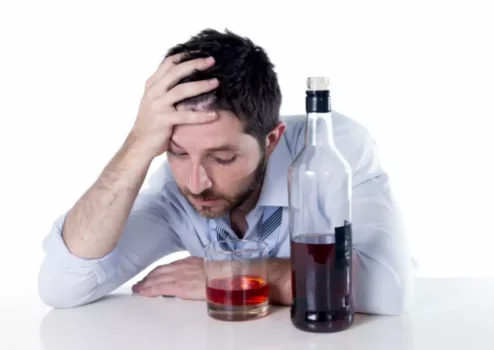
Evidence suggests that drinking alcohol can increase your risk of depression — but depression may also lead to increased alcohol use. does drinking make your depression worse In fact, some research suggests people who have a history of alcohol dependence are 3.7 times more likely to experience major depression. Depression is a debilitating mood disorder that is most effectively treated with a combination of medication and therapy. Antidepressants help many people manage their symptoms, but they come with risks and side effects.
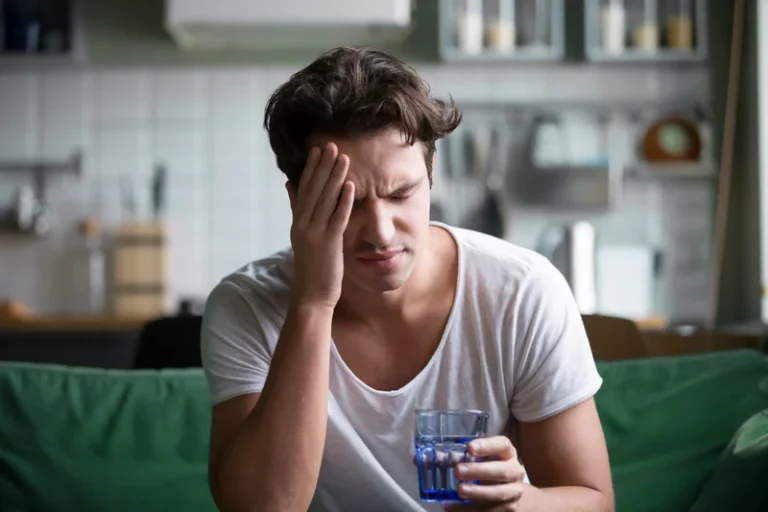
Why You Feel Depressed After Drinking and How to Handle It
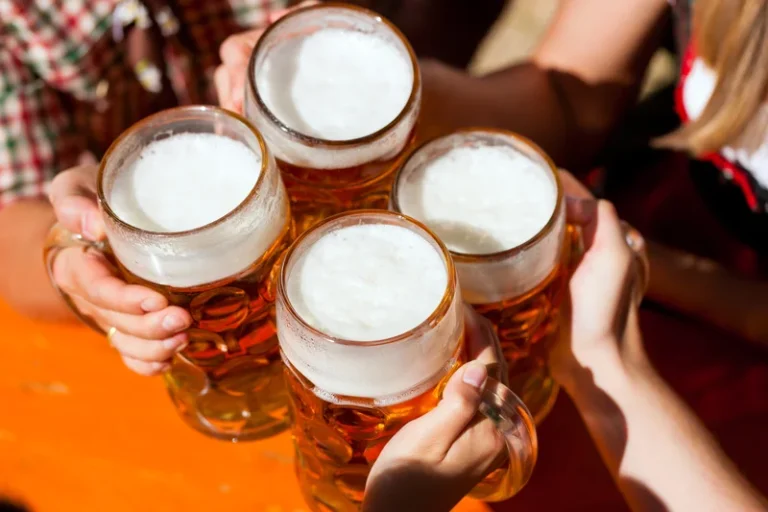
Similarly, Crum, Brown, Liang, and Eaton (2001) demonstrated that depressed female problem drinkers were twice as likely to become daily drinkers compared with nondepressed female problem drinkers. Depressed male problem drinkers were three times as likely to become daily drinkers compared with their cohort of nondepressed problem drinkers (Crum et al., 2001). There is a strong link between alcohol use and depression, a mental alcohol rehab health condition that includes feelings of hopelessness, emptiness, fatigue, loss of interest, and more. But does regular drinking lead to depression, or are people with depression more likely to drink too much alcohol? Major depressive disorder involves persistent and prolonged symptoms, but depression, in general, takes on many different forms. Depressive symptoms can result from life stressors, mental health conditions, medical conditions, and other factors.
Factors Contributing to Alcohol Use and Depression
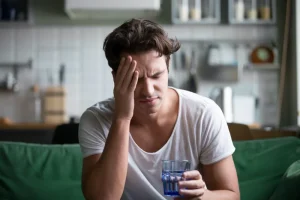
If you drink a lot you are more likely to struggle with depressed feelings. In the long term, alcohol actually reduces the production of important mood-regulating brain chemicals, according to Saba Harouni Lurie, a licensed marriage and family therapist at Take Root Therapy. These https://ecosoberhouse.com/ chemicals include not only dopamine but also serotonin and norepinephrine. Lerner stopped drinking while attending an inpatient program in June 2016. Although he continued to experience depression, he says connecting with other people in recovery helped fuel his motivation to stick with sobriety.
- In one recent study, researchers were able to show that a specific network in the brain is more extensive in people with depression than in healthy individuals.
- Alternatively, clinicians may choose to recommend at least temporary periods of abstinence for their depressed patients.
- People who frequently drink are more likely to experience episodes of depression, and they may drink more in an attempt to feel better.
The Link Between Alcoholism and Depression from the Brain Chemistry Point of View
Most people will feel better in a couple weeks, and the depression will get better. If you still have depression after 4 weeks of not drinking, talk to your doctor. If you feel you’re drinking more than you’d like or your alcohol use is making your depression symptoms worse, there are some things you can do. For some people, alcohol dependence can also cause social problems such as homelessness, joblessness, divorce, and domestic abuse.
Alcohol can worsen negative emotions
- In comparison, the WHO reports that, in 2019, about 2.6 million deaths worldwide resulted from alcohol consumption.
- Your GP may recommend a talking therapy such as counselling or CBT (Cognitive Behavioural Therapy), or a self-help group.
- A lack of sleep can lead to low energy, high levels of stress, and irritability, which are common symptoms of depression.
- If you keep drinking a lot of alcohol, it can cause more problems and make your depression and anxiety worse over time.
- His research focuses on the intersection of primary care, mental health, and substance abuse treatment.
- Individuals with alcohol use disorder may drink too much alcohol, too often.
Increased side effects or intensified impairment can cause fatal health problems or alcohol poisoning. Both substances have a sedative effect, slowing down the central nervous system. They make you feel sleepy and drowsy and cause poor coordination. The concentrated effect of both substances can lead to accidents and injuries.
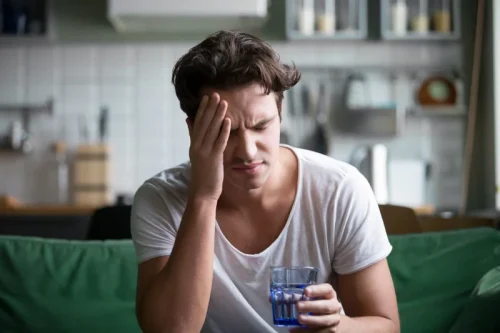
At a 6-month follow-up, patients in the motivational-intervention condition reported a significantly greater reduction in weekly alcohol consumption compared with the psychoeducational group. One study by the National Institute on Alcohol Abuse and Alcoholism found that people with alcohol use disorder (AUD) were 2.3 times more likely to have major depressive disorder than people who did not have AUD. If you binge drink alcohol, your depression and anxiety may also worsen. Binge drinking is when you drink a lot of alcohol in one day — more than 8 units of alcohol per day for men and more than 6 units of alcohol per day for women, with 1 unit of alcohol being equal to half a pint.
Alcohol use disorders may be mild, moderate, or severe, depending on the combination of symptoms you’re experiencing, but drinking problems can exist regardless of a clinical diagnosis. You might try to drink more alcohol to get rid of these symptoms, but using alcohol to manage your mental health instead of getting help can lead to more problems. It probably won’t hurt to have a glass of wine or beer once in a while for social reasons unless you have a health condition that prevents you from drinking. But if you turn to alcohol to get you through the day, or if it causes trouble in your relationships, at work, in your social life, or with how you think and feel, you may have a more serious problem. People who are depressed and drink too much have more frequent and severe episodes of depression and are more likely to think about suicide. Individuals with alcohol use disorder often develop a physical dependency on alcohol.
- It probably won’t hurt to have a glass of wine or beer once in a while for social reasons unless you have a health condition that prevents you from drinking.
- There are lots of choices when it comes to medication that treats depression, and there are drugs that lower alcohol cravings and counter the desire to drink heavily.
- Quitting smoking and stopping alcohol consumption can be beneficial for health and reduce the risk of related health conditions.
- If you suspect you’re using alcohol to cope with depression, or that alcohol use might contribute to your depression, a good next step involves reaching out to a professional for guidance.
- Sometimes, alcohol can make you feel even worse than you did before.
Increased Vulnerability
Adults who met criteria for alcohol use disorders also had a higher risk for depression. Growing research suggests that reducing alcohol intake can lower the risk of developing some forms of cancer. The authors of a 2023 review note that stopping alcohol consumption can decrease the risk of some types of cancer, especially those that affect the mouth and esophagus. A 2024 study suggests that roughly 20,000 U.S. adults die from alcohol-related cancers each year. Another 2024 study notes that alcohol consumption, particularly excessive drinking, can decrease life span. Both drinking and smoking are risk factors for many health conditions, such as cancer and heart disease.

